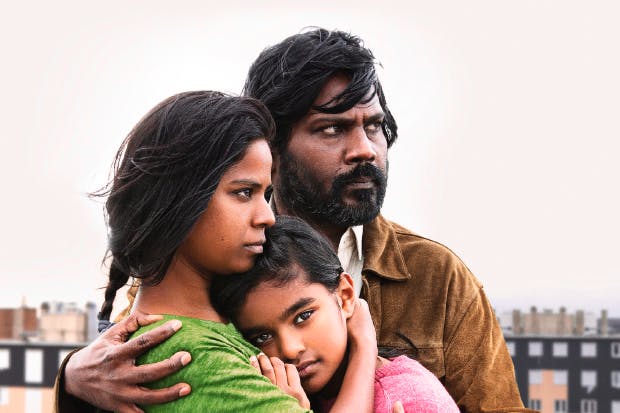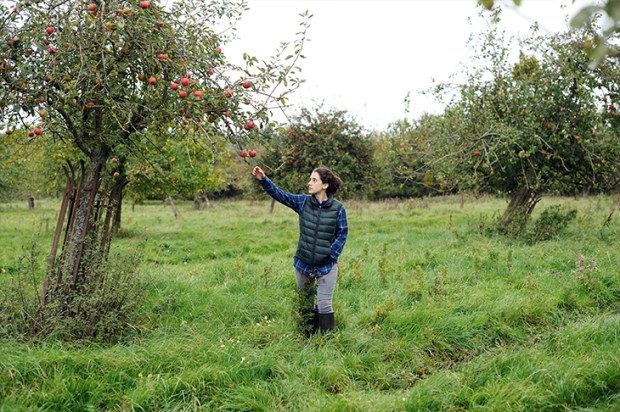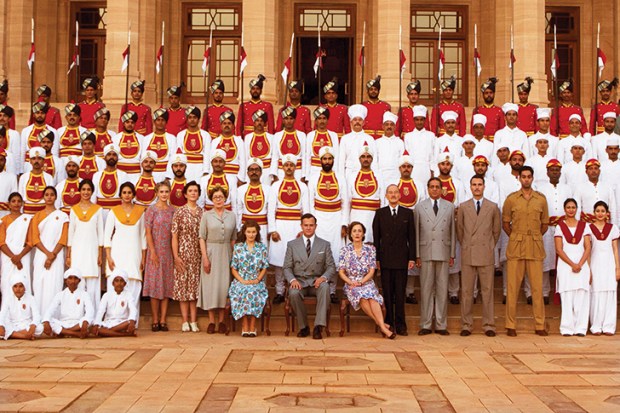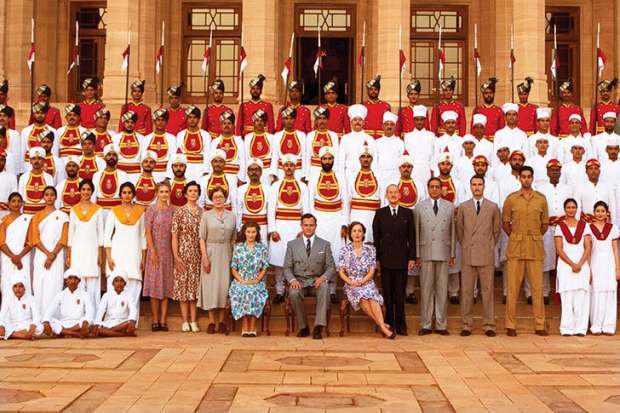The French master film-maker Jacques Audiard has never been anywhere near Hollywood plot school. His films contain gathering menace — something somewhere is going to go horribly wrong — but where the menace will come from, and who will get hurt, is anyone’s guess. In his astonishing prison drama A Prophet the threat to its greenhorn French-Arab inmate comes from all quarters until he himself evolves into the threat. There are two almost unwatchable scenes in Rust and Bone: in one a marine-park trainer of orcas wakes up in hospital to discover she has lost both legs; in another a bareknuckle street fighter has to thump a hole through the thickening ice to rescue his young son.
The one consistent through-line in his films is empathy for outsiders, cut off from the — to Audiard, uninteresting — mainstream by lack of education, or disability (his protagonist in Read My Lips was all but deaf). His deracinated drifters and inarticulate chancers nurse fantasies of something better, most overtly in The Beat That My Heart Skipped, in which a dodgy estate agent dreams of becoming a concert pianist. So it is with Dheepan, a quiet but potent addition to the canon in which, once more, a nirvana devoutly to be wished lies at the far side of a booby-trapped labyrinth.
Dheepan opens in the Tamil region of Sri Lanka, where a pyre of uniformed Tiger corpses is cremated by a defeated soldier who has managed to cheat death. The next time we see the soldier (Jesuthasan Antonythasan) he’s in civvies among hundreds of refugees seeking asylum in a safer corner of the planet. His best chance of success is as part of a family. His own having been killed, he hooks up with a woman he has never met (Kalieaswari Srinivasan) who grabs a nine-year-old orphan she doesn’t know (Claudine Vinasithamby). This nuclear trio inherits the identities of three victims of civil war. Their new names are Dheepan, Yalini and Illayaal.
Soon they’re in temporary digs in Paris, where Dheepan’s street job selling illuminated Minnie Mouse headbands on the fly is no answer to any sort of prayer. Then an agency places them in the relative haven of a housing project in the banlieues, bucolically named Le Pré, where Dheepan is hired as a caretaker.
Having fled from one conflict zone they’ve landed in another. Illayaal enters the minefield of the French education system where, being a brawler in the playground, she is soon condemned to the special needs class — this despite the fact that back home she is the French teacher to her adoptive parents. Yalini gets a job minding a North African with dementia where she befriends a young drug baron fresh out of jail. The job is in the block opposite, where gangs play loud music, drive loud cars and fire loud guns. Dheepan’s instinct is to lie low, sweep leaves and fix pipes. But the situation on the ground, and the danger to his sort of family, bestir memories of the civil war he has just escaped. Towards the end of the film, as ever with Audiard, a climax of symphonic heft awaits.
Along the way Audiard has given himself another technical challenge. In Rust and Bone it was digitally turning Marion Cotillard into a double amputee. This time he has written a script that commutes between pidgin French and Tamil. Despite the language barrier, he has made a revealing, empathetic and (it goes without saying) necessary film about the migrant experience. ‘Can she drink the water?’ Dheepan asks the housing officer. ‘Sure,’ he shrugs. ‘It’s her house.’ But while learning to game the system and parse odd foreign habits, their journey from alienation to integration begins at home: the three family members must learn to meld with each other as much as with the world kicking off outside their window.
Visually, as in A Prophet, the dominant palette is brute realism in pallid hues, but there is also beauty and colour. In his dreams of home Dheepan sees a Ganesh-like elephant lurking furtively in the undergrowth, its power awaiting release. If Dheepan can be held up for criticism, it is because it takes an intensely relaxed stance on vigilantism, while British audiences may snort with gentle derision at Audiard’s sentimental take on England’s verdant suburbs. Some might see in the film a warning that those fleeing conflict carry within them an easy access to violence. That would be a misreading. In the end Audiard is as big a softie as any cornball salesman in Tinseltown. It’s just that his redemptions are bitterly earned and bring sweet relief.
Got something to add? Join the discussion and comment below.
Get 10 issues for just $10
Subscribe to The Spectator Australia today for the next 10 magazine issues, plus full online access, for just $10.














Comments
Don't miss out
Join the conversation with other Spectator Australia readers. Subscribe to leave a comment.
SUBSCRIBEAlready a subscriber? Log in